Best hacker movies of all time
Dive into the digital underworld with our selection of essential hacker films. From early cyber-thrillers to modern dramas, these movies capture the intrigue and tension of life behind the keyboard.

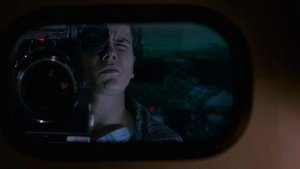

The world of hacking has long been a fascinating subject for filmmakers, offering a unique blend of intellectual puzzle-solving, high-stakes espionage, and commentary on the ever-evolving relationship between humanity and technology.
Early hacker films often depicted the computer as a mysterious, almost magical device capable of both incredible feats and catastrophic errors, reflecting a public fascination mixed with fear regarding the nascent digital age. Movies like WarGames tapped into Cold War anxieties, showing how easily a computer could be manipulated with devastating consequences, while Tron explored digital realities in a visually groundbreaking way.
As technology advanced, so did the on-screen portrayal of hackers. The mid-90s saw the rise of the 'cyberpunk' aesthetic, with films like Hackers and Ghost in the Shell presenting stylish, rebellious figures navigating complex digital landscapes. The late 90s brought the genre into the mainstream with blockbusters like The Matrix and Enemy of the State, which intertwined hacking with broader themes of reality, control, and government surveillance.
Beyond the action and suspense, many hacker movies delve into complex ethical questions: privacy versus security, the power of information, and the blurry lines between digital rebellion and outright crime. Films like Sneakers offered a more grounded, team-based approach to data retrieval and security, highlighting the human element behind the tech.
More recent entries, such as The Social Network or The Fifth Estate, often focus on the real-world implications of coding and data manipulation, exploring the rise of tech giants and the impact of whistleblowers. Whether futuristic sci-fi or contemporary thriller, the best hacker movies offer not just thrilling plots but also insightful reflections on the digital age we inhabit.
13. Ghost in the Shell (1995)
Ghost in the Shell, the original 1995 anime film, is a cornerstone of the cyberpunk genre and has been hugely influential on countless sci-fi works, including The Matrix. Set in a futuristic world where cybernetic enhancements and digital networks are commonplace, the story follows Major Motoko Kusanagi, a synthetic human police officer, hunting a mysterious hacker known as the Puppet Master.
The film delves into profound philosophical questions about identity, consciousness, and reality in a heavily networked society. While the antagonist is a hacker, the film's focus is more on the implications of merging humans with technology and the nature of the soul in a digital age, presented with stunning animation and atmospheric world-building.
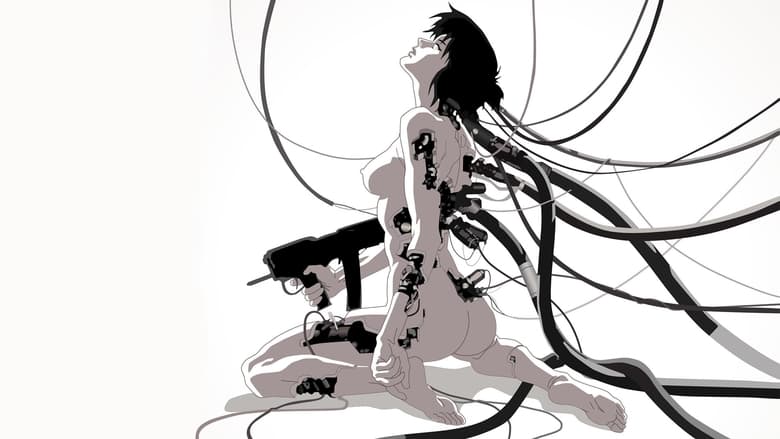
12. The Social Network (2010)
Directed by David Fincher and written by Aaron Sorkin, The Social Network tells the story of the tumultuous founding of Facebook. While primarily a character study and a legal drama, the film is deeply rooted in the world of early internet entrepreneurship, coding, and the rapid development of online platforms.
Jesse Eisenberg stars as Mark Zuckerberg, depicting his intense focus and unconventional methods in building the social media giant. The film touches upon the technical skills required to build such a platform from scratch and the ethical (and sometimes legally questionable) shortcuts taken along the way, offering a fascinating look at the origins of a digital empire that changed how the world connects.

11. Tron (1982)
Tron is a landmark film in the history of computer graphics and a pioneering exploration of entering a digital world. While less about real-world hacking and more about a programmer being transported inside a computer system, its concept of navigating a digital landscape and interacting with programs as sentient beings was revolutionary for 1982.
The visual style, though primitive by today's standards, was groundbreaking and established an aesthetic for depicting cyberspace. It tapped into early fascinations with video games and computers, capturing the imagination about what could exist within the electronic frontier. It's a foundational piece for any discussion about movies depicting digital realms.

10. The Fifth Estate (2013)
The Fifth Estate explores the controversial origins and rise of WikiLeaks, the organization known for publishing large caches of classified information. The film focuses on the complex and often fraught relationship between founder Julian Assange (Benedict Cumberbatch) and his early supporter Daniel Domscheit-Berg (Daniel Brühl).
While not strictly a film about hacking in the traditional sense, it deals directly with the consequences of obtaining and disseminating information through digital means, the ethics of transparency, and the power struggles that arise when challenging established institutions with leaked data. It provides a dramatic look at the real-world impact of digital activism and the figures behind major data breaches.
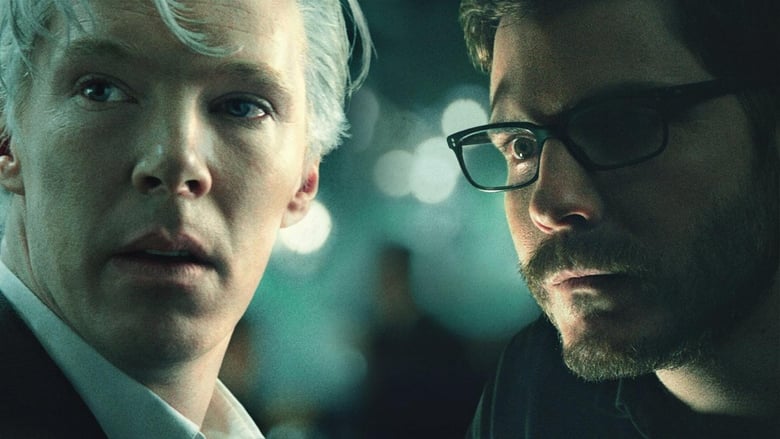
9. Blackhats (2015)
Directed by Michael Mann, Blackhat delves into the world of international cybercrime, following a furloughed master hacker (Chris Hemsworth) who is released from prison to help track down a sophisticated cybercriminal responsible for attacks on a nuclear power plant and global markets.
The film attempts a grounded, albeit intense, look at the complexities of tracing digital footprints across borders. Mann is known for his meticulous research, and the movie incorporates technical jargon and scenarios that lend it a sense of realism, exploring the global reach and devastating potential of high-level hacking operations and the blurred lines between state-sponsored attacks and individual actors.
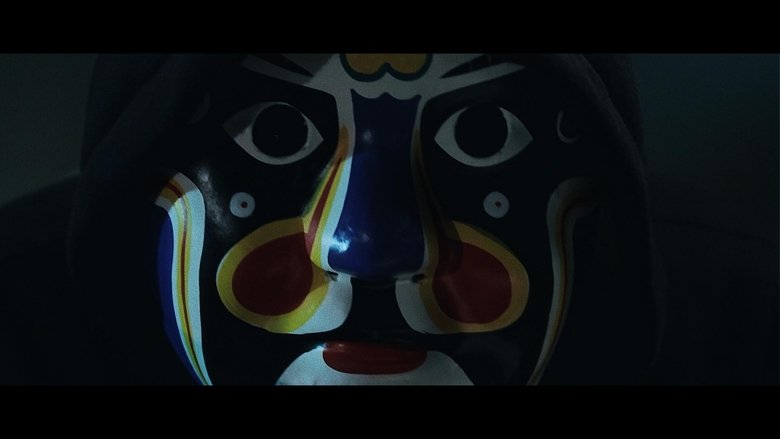
8. Live Free or Die Hard (2007)
Live Free or Die Hard, the fourth installment in the Die Hard series, brings John McClane into the 21st century to face a new kind of threat: a coordinated cyberattack aiming to shut down the United States' infrastructure. This time, Bruce Willis's old-school hero is paired with a young hacker, played by Justin Long, highlighting the clash between analog grit and digital expertise.
The film envisions a large-scale 'fire sale' attack that systematically cripples transportation, communication, and utilities. It's an action spectacle that uses the concept of cyberterrorism as its engine, demonstrating how vulnerable modern society is to those who can manipulate systems from afar, even if McClane prefers solving problems with brute force.

7. Enemy of the State (1998)
Enemy of the State plunges viewers into a world of pervasive government surveillance and the fight for digital privacy. Directed by Tony Scott and starring Will Smith and Gene Hackman, the film follows a lawyer who inadvertently receives evidence of a politically motivated murder, putting him in the crosshairs of a rogue NSA division.
The movie showcases how technology, from satellite tracking to intricate data hacking, can be used as a weapon against ordinary citizens. While an action-packed thriller, it raised timely questions about surveillance capabilities and the erosion of privacy in the digital age, making its themes resonate strongly with modern concerns about data security and government overreach.

6. Takedown (2000)
Takedown (also known as Track Down) tells a dramatized version of the story of Kevin Mitnick, one of the most infamous computer hackers of the late 20th century, and the pursuit led by computer security expert Tsutomu Shimomura. The film offers a look into the cat-and-mouse game played across phone lines and early networks.
It attempts to portray Mitnick's methods and the digital chase that eventually led to his capture. While the accuracy of the portrayal has been debated by those involved, it remains one of the few narrative films directly focusing on a specific, high-profile real-life hacking case, offering a glimpse into the pre-internet security landscape and the individuals who navigated (and exploited) it.
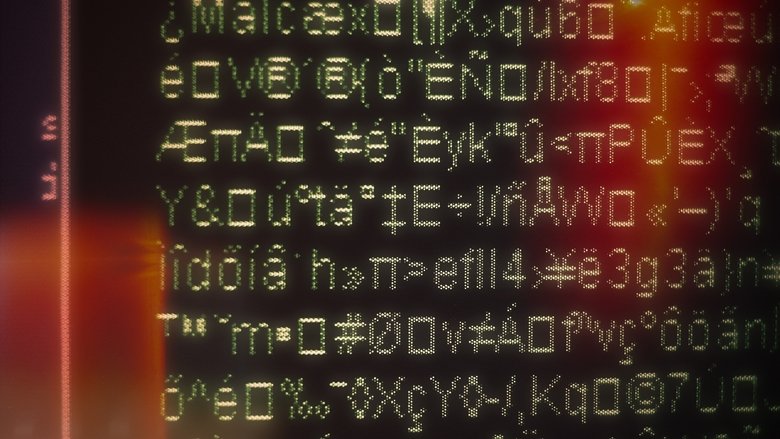
5. The Girl with the Dragon Tattoo (2011)
David Fincher's adaptation of The Girl with the Dragon Tattoo introduces the unforgettable character of Lisbeth Salander, a complex and fiercely independent computer hacker. While the film is a dark and intricate mystery thriller, Salander's technical prowess is absolutely central to unraveling the central enigma.
Rooney Mara's portrayal of Lisbeth is captivating, showing her hacking skills not just as a plot device, but as an extension of her personality – a tool for survival, justice, and boundary-breaking. The film doesn't shy away from depicting the gritty reality of her world, and her ability to navigate and manipulate digital systems makes her one of the most compelling figures in modern cinema related to this theme.
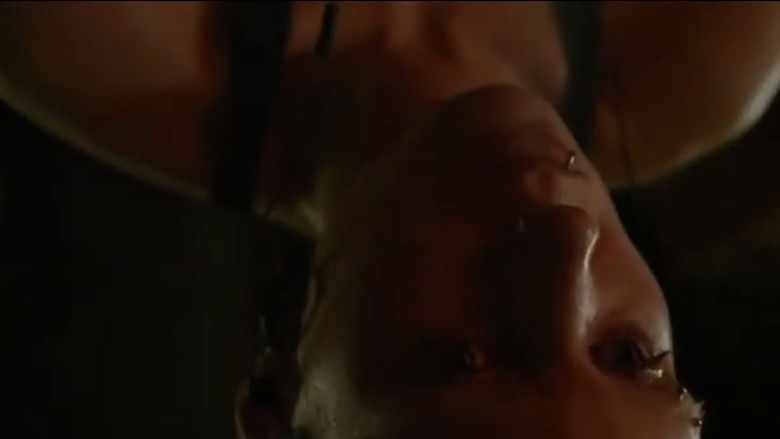
4. Sneakers (1992)
Sneakers boasts one of the most incredible ensemble casts ever assembled for a techno-thriller: Robert Redford, Sidney Poitier, Dan Aykroyd, Mary McDonnell, River Phoenix, and Ben Kingsley, just to name a few! The film centers on a team of security experts – essentially benevolent hackers and codebreakers – who are hired to test corporate security systems.
Their world gets turned upside down when they're tasked with recovering a mysterious 'black box' capable of decrypting any encryption system on Earth. The movie masterfully blends espionage thrills with witty banter and genuine suspense, exploring themes of privacy, surveillance, and the power of information. It's a smart, entertaining ride that holds up remarkably well, offering a more grounded (though still Hollywood-ized) look at the world of security and hacking.

3. WarGames (1983)
Before 'cybersecurity' was a household term, there was WarGames. This early 80s thriller posed a terrifying question: what if a supercomputer, designed to predict nuclear war, thought a game was real? Matthew Broderick stars as a young hacker who accidentally connects to a military AI named WOPR, leading to a chilling countdown to potential global thermonuclear war.
The film is credited with influencing real-world legislation, specifically the Computer Fraud and Abuse Act of 1986 in the United States, highlighting the very real dangers of unauthorized computer access. Its iconic line, "Shall we play a game?", remains synonymous with early AI and hacking narratives. It's a tense, thought-provoking look at technology, control, and the fine line between simulation and reality that feels surprisingly relevant even today.

2. Hackers (1995)
Hackers is pure, unadulterated 90s cool personified. This cult classic dives headfirst into the emerging cyber-counterculture of the mid-90s with unapologetic style and attitude. Forget dry technical manuals; this movie is a stylized, energetic portrayal of young digital rebels fighting corporate control with keyboards as their weapons.
It famously featured a young Angelina Jolie and Jonny Lee Miller, whose on-screen chemistry crackles. The film's depiction of hacking might be more fantasy than reality (who can forget the iconic visual representations of data streams?), but its spirit is infectious. It captured a moment in time when the internet felt like the wild west and hacking was seen by some as a form of digital activism or playful rebellion. It's a time capsule of early internet aesthetics and a celebration of the 'Hack the Planet!' ethos.
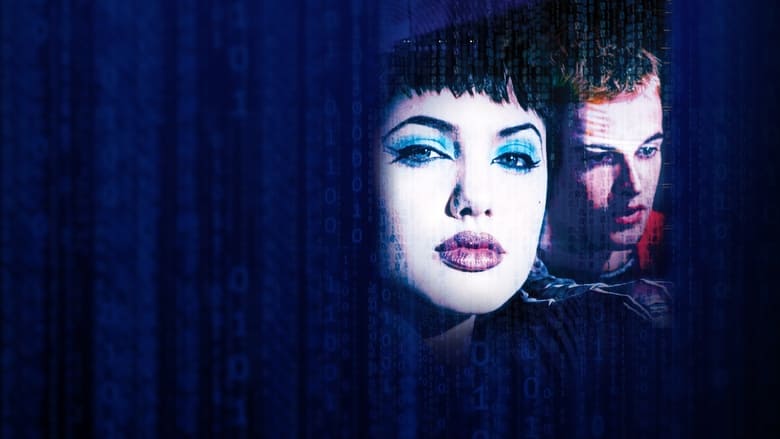
1. The Matrix (1999)
Step into the digital rabbit hole with The Matrix, a film that didn't just tell a story about hackers; it fundamentally reshaped how we think about reality, technology, and control. This sci-fi masterpiece from the Wachowskis blends jaw-dropping action with deep philosophical questions, asking whether the world we perceive is truly real or just a sophisticated simulation designed to keep us docile. Neo's journey from a disillusioned programmer to a digital messiah resonates powerfully, tapping into the hacker spirit of questioning authority and bending the rules of the system.
The visual effects were revolutionary for their time, popularizing concepts like 'bullet time' that are still referenced today. But beyond the spectacle, it's the film's exploration of digital identity, freedom, and the power of knowledge that cements its place as an absolute must-watch, especially for anyone fascinated by the lines between the physical and digital worlds.

